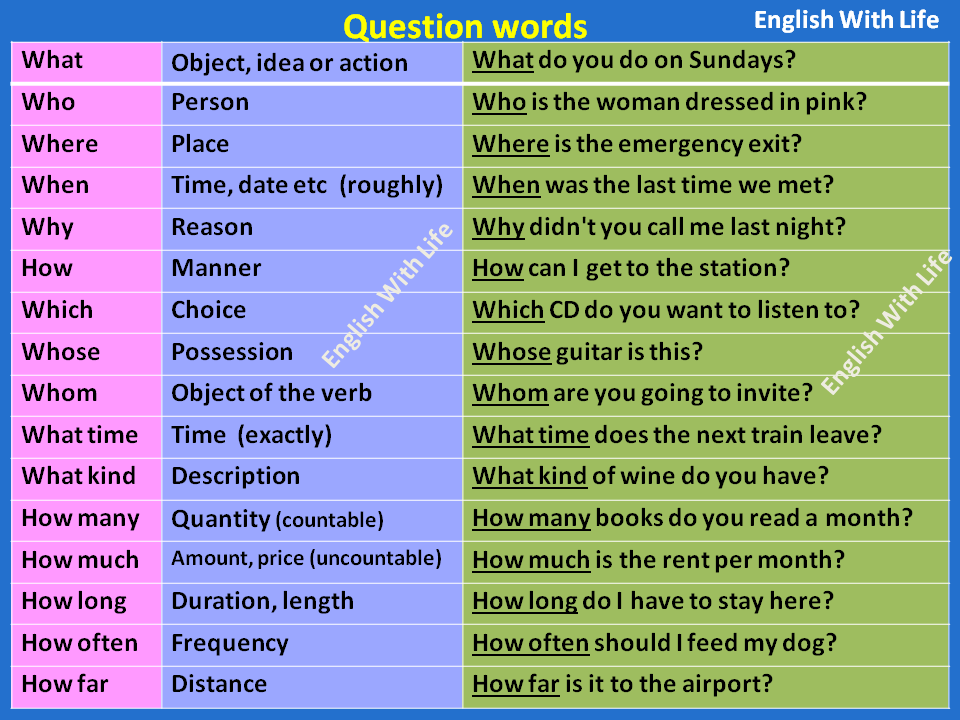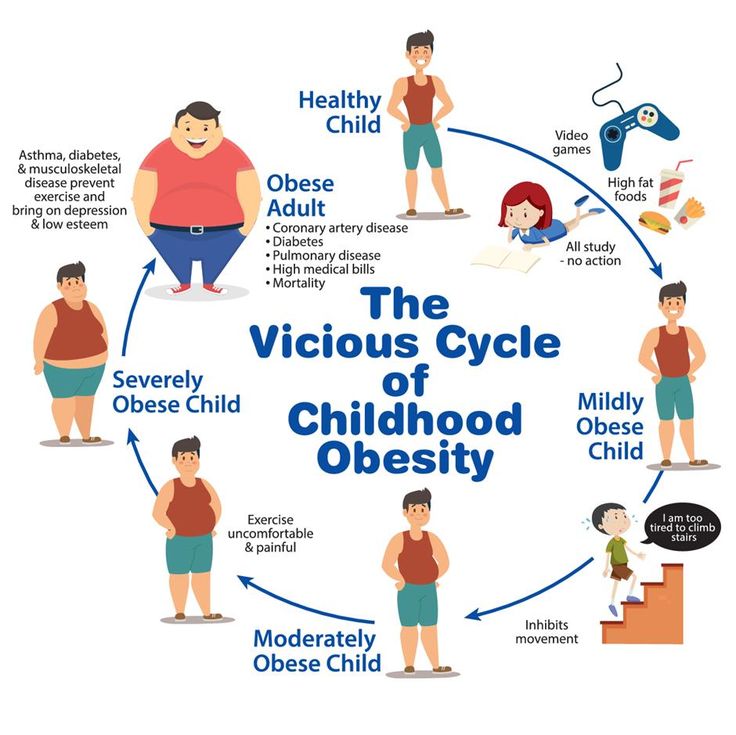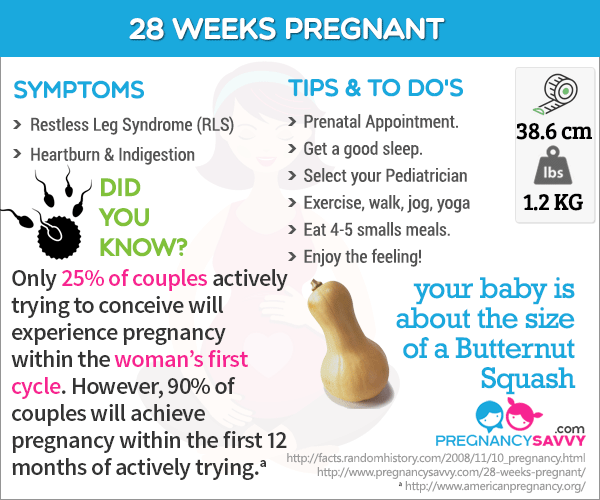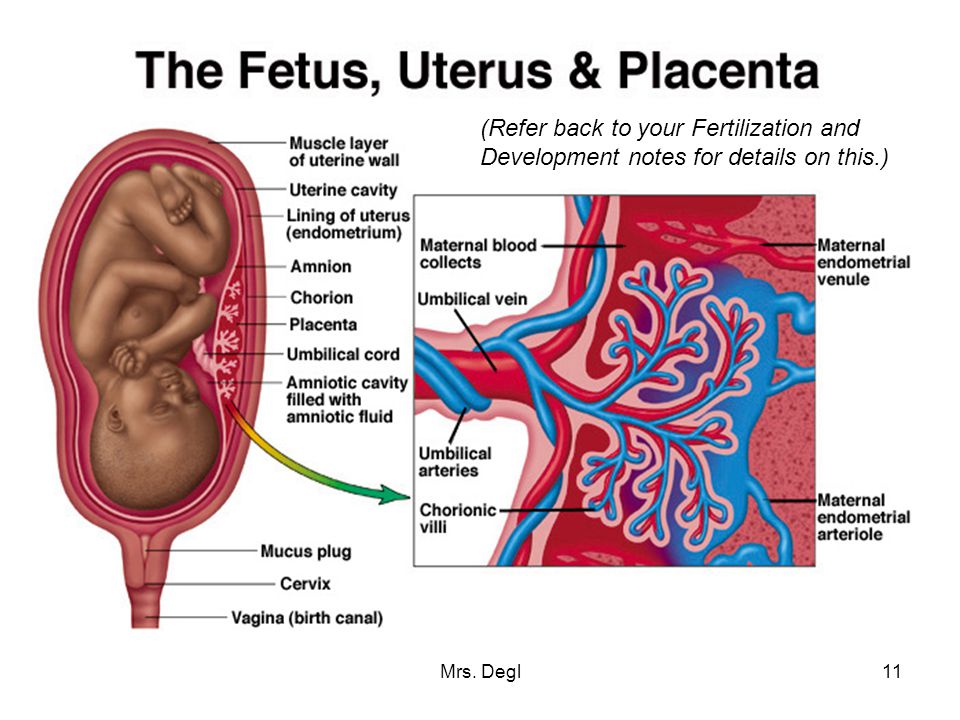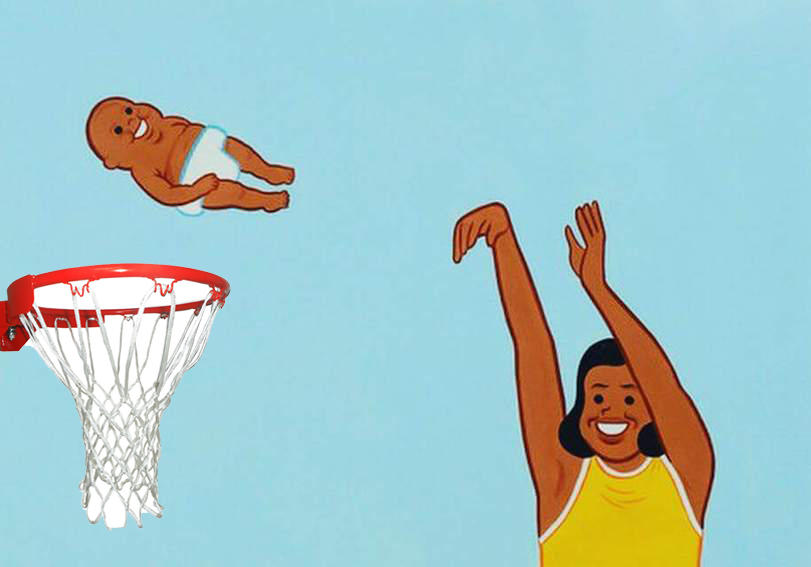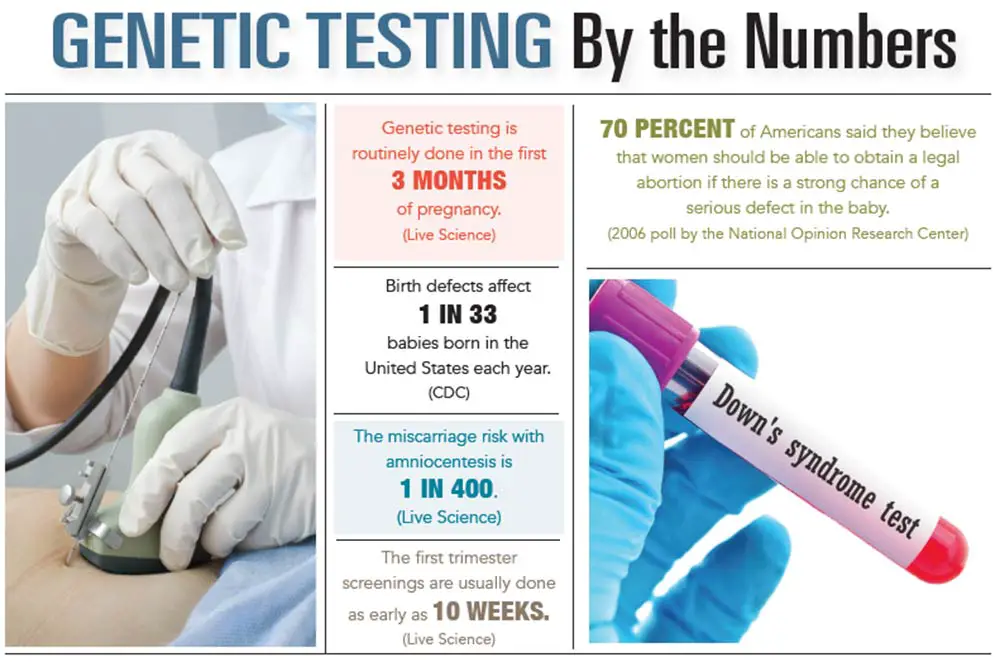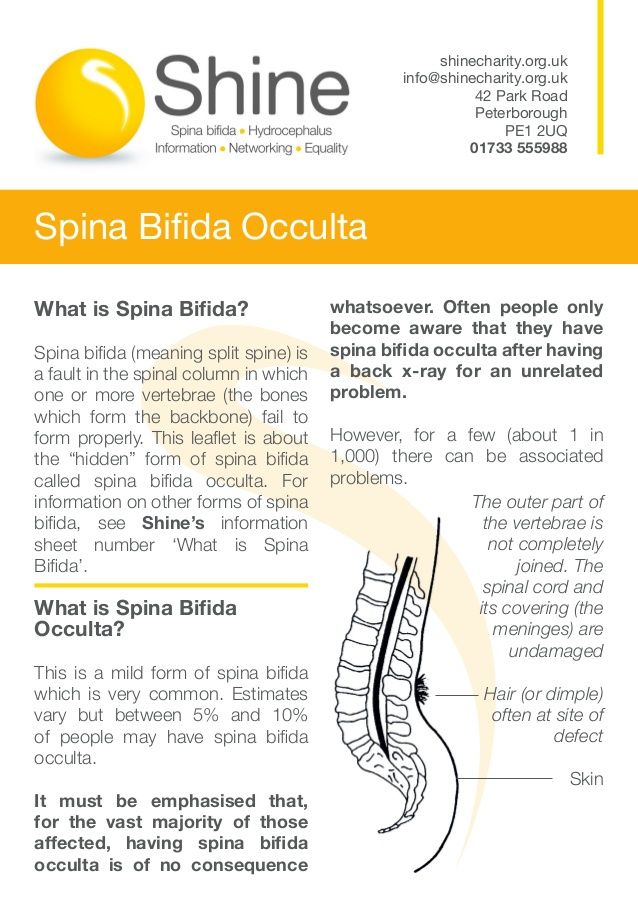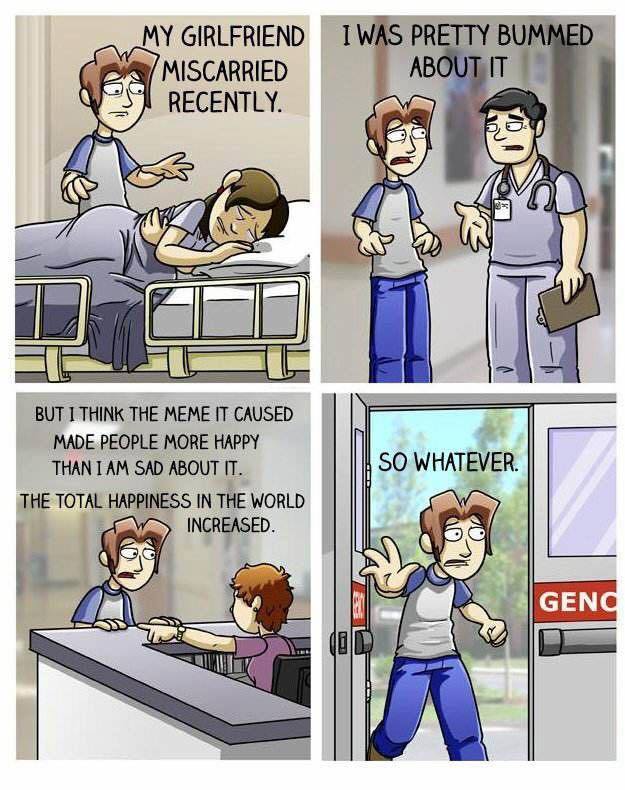Baby dies before birth
Stillbirth - What happens if your unborn baby dies
Your baby's wellbeing will be monitored during your antenatal appointments, so any problems will usually be picked up before labour starts.
Confirming the baby has died
If it's suspected your baby may have died, a midwife or doctor might initially listen for the baby's heartbeat with a handheld Doppler device. You'll also be offered an ultrasound scan to check your baby's heartbeat.
Sometimes a mother may still feel her baby moving after the death has been confirmed. This can happen when the mother changes position. In this case, the mother may be offered another ultrasound scan.
Finding out your baby has died is devastating. You should be offered support and have your options explained to you. If you're alone in hospital, ask the staff to contact someone close to you to come in and be with you.
Before the birth, a person with skills and experience with parents who have lost a baby should be available to talk with you about whether you would like to see a photograph of your baby, have a memento such as a lock of hair, or see or hold your baby.
Giving birth if your baby has died
If a woman's baby dies before labour starts, she will usually be offered medicine to help induce labour. This is safer for the mother than having a caesarean section.
If there's no medical reason for the baby to be born straightaway, it may be possible to wait for labour to begin naturally. This decision doesn't usually need to be made immediately, and it may be possible to go home for a day or two first.
In some cases, medicine that prepares a woman's body for the induction process may be recommended. This medication can take up to 48 hours to work.
Natural labour
While waiting for labour to begin naturally, regular blood tests are needed after 48 hours.
Waiting for natural labour increases the chance of the baby deteriorating in the womb. This can affect how the baby looks when she or he is born and can make it more difficult to find out what caused the death.
Induced labour
If the health of the mother is at risk, labour is nearly always induced using medicine. This may be done immediately if:
This may be done immediately if:
- the mother has severe pre-eclampsia
- the mother has a serious infection
- the bag of water around the baby (the amniotic sac) has broken
Labour can be induced by inserting a pessary tablet or gel into the vagina, or by swallowing a tablet. Sometimes, medicine is given through a drip into a vein in the arm.
After the baby is stillborn
After a stillbirth, many parents want to see and hold their baby. It's entirely up to you whether you wish to do so. You'll be given some quiet time with your baby if this is what you want.
You can also take photographs of your baby and collect mementos, such as a lock of hair, foot prints or hand prints, or the blanket your baby was wrapped in at birth.
If you're not sure whether you want to take any mementos of your baby home, it's usually possible for them to be stored with your hospital records. If your hospital doesn't keep paper records, you may be given these mementos in a sealed envelope to store at home.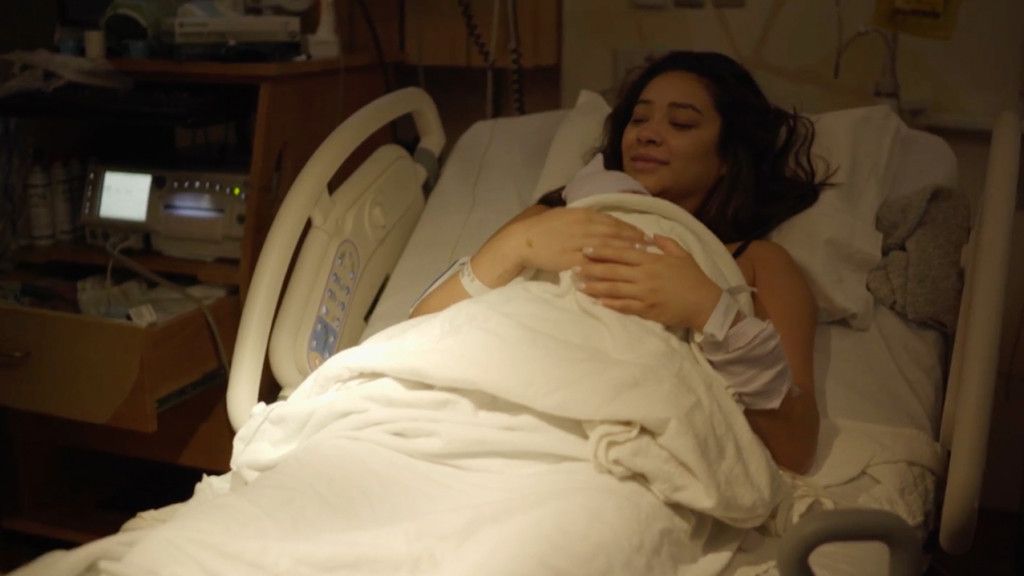 This means you'll be able to look at them if you ever decide you want to.
This means you'll be able to look at them if you ever decide you want to.
You may also want to name your baby, but not everyone does this and it's entirely your choice.
Decisions about what to do after a stillbirth are very personal, and there's no right or wrong way to respond.
Breast milk
After a stillbirth, your body may start producing breast milk, which can cause discomfort and distress. Medicines (dopamine agonists) can stop your breasts producing milk. They cause few side effects and may also help you feel better emotionally, but they aren't suitable if you have pre-eclampsia.
Some mothers prefer to let their milk supply dry up without medication. Your doctor or midwife can discuss your options with you.
Finding the cause
You'll be offered tests to find the cause of the stillbirth. You don't need to have these, but the results may help to avoid problems in any future pregnancies.
The tests you're offered may include:
- blood tests – these can show whether the mother has pre-eclampsia, obstetric cholestasis or, rarely, diabetes
- specialist examination of the umbilical cord, membranes and placenta – the tissues that attach you to your baby and support your baby in pregnancy
- testing for infection – a sample of urine, blood or cells from the vagina or cervix (neck of the womb) can be tested
- thyroid function test – to see whether the mother has a condition that affects her thyroid gland
- genetic tests – usually carried out on a small sample of umbilical cord, to determine whether your baby had problems such as Down's syndrome
More in-depth tests can also be carried out on your baby to try to establish the cause of death or whether there are any conditions that might have contributed to it. This is called a post-mortem.
This is called a post-mortem.
Post-mortem
A post-mortem is an examination of your baby's body. The examination can provide more information about why your baby died, which may be particularly important if you plan to become pregnant in the future.
A post-mortem can't go ahead without your written permission (consent), and you'll be asked if you want your baby to have one. The procedure can involve examining your baby's organs in detail, looking at blood and tissue samples, and carrying out genetic testing to see whether your baby had a genetic disease.
The healthcare professional asking for your permission should explain the different options to help you decide whether you want your baby to have a post-mortem.
Follow-up care
You'll usually have a follow-up appointment a few weeks after you leave hospital to check your health, and discuss the post-mortem and test results (if carried out).
This appointment is also an opportunity to talk with your doctor about possible future pregnancies. Before attending your follow-up appointment, you may find it helpful to write down any questions you have for your doctor.
Before attending your follow-up appointment, you may find it helpful to write down any questions you have for your doctor.
Bereavement support
A stillbirth can be emotionally traumatic for both parents, as well as for other family members. Help and support is available.
You may be introduced to a bereavement support officer or a bereavement midwife. They usually work in hospitals or for the local council. They can help with any paperwork that needs to be completed and explain choices you can make about your baby's funeral. They'll also act as a point of contact for other healthcare professionals.
Many people experience feelings of guilt or anxiety following the loss of their baby. Some parents experience depression or post-traumatic stress disorder (PTSD).
You may find it helpful to discuss your feelings with your GP, community midwife or health visitor, or other parents who have lost a baby. Read more about bereavement and dealing with loss.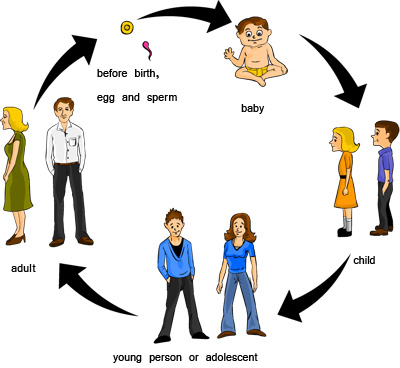
Support groups
Sands, the stillbirth and neonatal death charity, provides support for anyone affected by the death of a baby. You can:
- call the Sands confidential helpline on 020 7436 5881 – 9.30am to 5.30pm Monday to Friday, plus 6pm to 10pm Tuesday and Thursday
- email [email protected]
There are many other self-help groups in the UK for bereaved parents and their families. You can search for bereavement support services in your area.
These groups are usually run by healthcare professionals, such as baby-loss support workers or specialist midwives, and parents who have experienced stillbirth.
Some support groups are for women whose stillbirth has a specific cause. For example:
- Action on pre-eclampsia (APEC)
- ICP support (obstetric cholestasis, or OC)
- Group B strep support
Registering a stillbirth
By law, stillborn babies have to be formally registered. In England and Wales, this must be done within 42 days of your baby's birth, within 21 days in Scotland.
You don't have to register a stillbirth in Northern Ireland, but you can if you want to as long as it's within a year of the birth.
See GOV.UK for more information about registering a stillbirth.
Page last reviewed: 16 March 2021
Next review due: 16 March 2024
Stillbirth - NHS
A stillbirth is when a baby is born dead after 24 completed weeks of pregnancy. It happens in around 1 in every 200 births in England.
If the baby dies before 24 completed weeks, it's known as a miscarriage or late foetal loss.
Contact your midwife or doctor straightaway if you're pregnant and worried about your baby – for example, if you've noticed your baby moving less than usual. Don't wait until the next day. If your baby is moving less, it can be a sign that something's wrong and needs to be checked out.
Causes of stillbirth
Some stillbirths are linked to complications with the placenta, a birth defect or with the mother's health.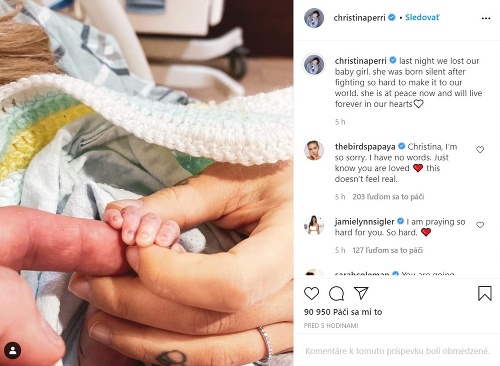 For others, no cause is found.
For others, no cause is found.
Read more about causes of stillbirth.
When a baby dies before they're born
If your baby has died, you may be able to wait for labour to start naturally or your labour may be induced. If your health is at risk, the baby may need to be delivered as soon as possible. It's rare for a stillborn baby to be delivered by caesarean section.
Read more about what to expect if your baby dies before birth.
After a stillbirth
After a stillbirth, decisions about what to do are very personal. There's no right or wrong way to respond.
A specialist midwife will talk with you about what you want to do – for example, holding the baby or taking photographs. They can also discuss the tests you may be offered to find out why your baby died and give you information about registering the birth.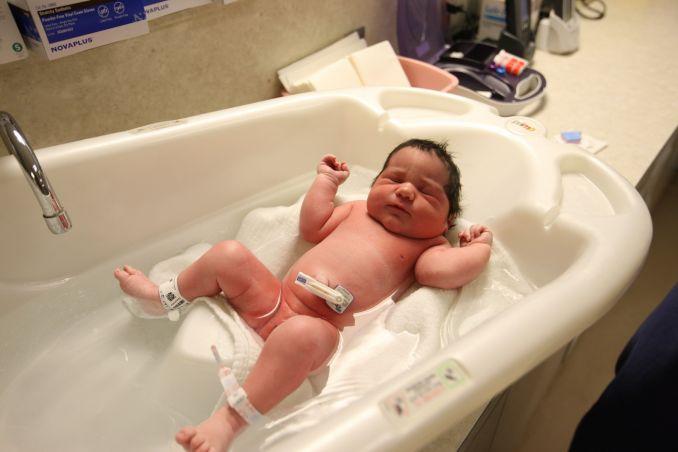
Read more about what happens after a stillbirth, including information about baby-loss support groups.
Preventing stillbirths
Not all stillbirths can be prevented, but there are some things you can do to reduce your risk, such as:
- not smoking
- avoiding alcohol and drugs during pregnancy – these can seriously affect your baby's development, and increase the risk of miscarriage and stillbirth
- not going to sleep on your back after 28 weeks – don't worry if you wake up on your back, just turn onto your side before you go back to sleep
- attending all your antenatal appointments so that midwives can monitor the growth and wellbeing of your baby
- taking folic acid before pregnancy and having a flu vaccine during your pregnancy
- limiting the amount of caffeine you consume during pregnancy
Video: Coping with grief after a stillbirth
In this video Lisa and Jason describe how they coped with a stillbirth
Media last reviewed: 16 April 2021
Media review due: 16 April 2024
Page last reviewed: 16 March 2021
Next review due: 16 March 2024
Every 11 seconds a woman or child dies during pregnancy and childbirth
This is according to a new report prepared by the United Nations Children's Fund (UNICEF) and the World Health Organization (WHO).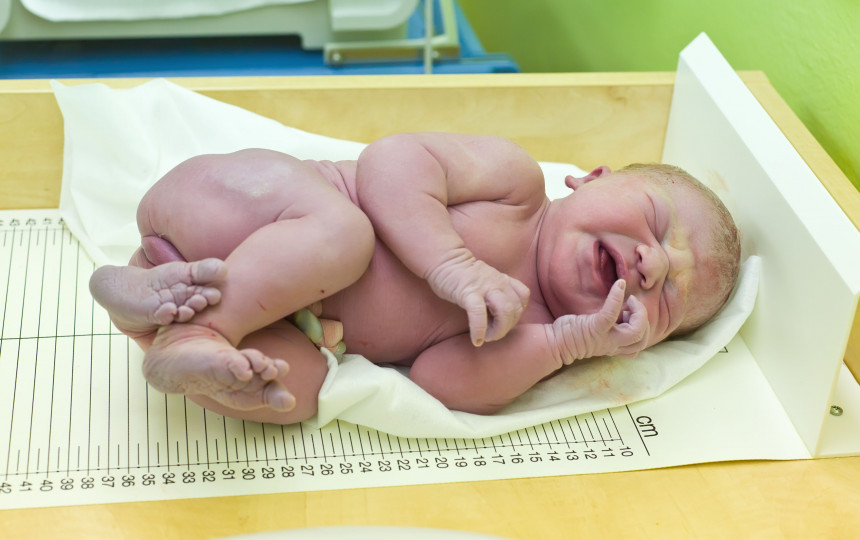 The document provides statistical data on child and maternal mortality worldwide.
The document provides statistical data on child and maternal mortality worldwide.
Since 2000, child mortality has been cut by almost half and maternal mortality by a third, largely due to affordable and quality health care. Yet globally, 2.8 million pregnant women and babies die every year. In 2017, 29 people died due to complications related to pregnancy and childbirth.0 thousand women. In 2018, 6.2 million children did not reach the age of 15. 5.3 million of them died in the first five years of life and half in the first 12 months after birth.
Photo by UNICEF/Ayen
Baby in perinatal center
“In countries that provide everyone with safe, affordable and high-quality health care, women and children survive and thrive,” said WHO Director-General Tedros Adhanom Ghebreyesus.
In a joint statement, WHO and UNICEF called on all countries of the world to intensify their efforts to save women and children. Experts point out that infants are most at risk in poor countries, where pregnant women are malnourished, where there are no basic hygiene conditions and where there are not enough midwives.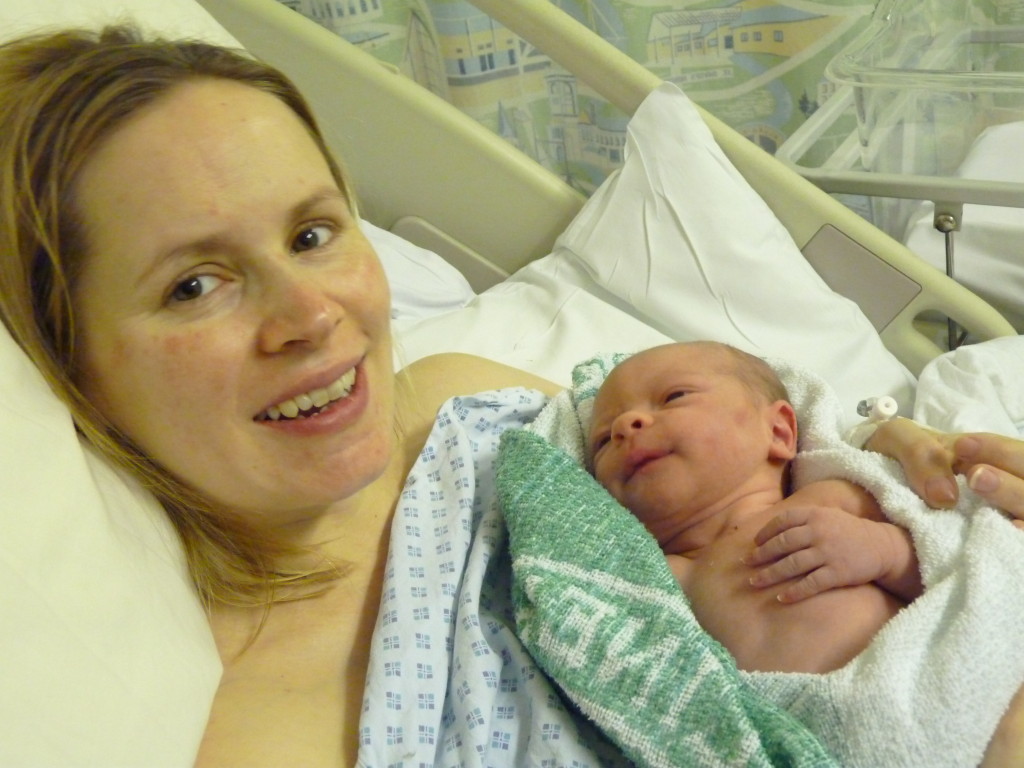 nine0003
nine0003
For these reasons, women in sub-Saharan Africa are 50 times more likely to die during childbirth and pregnancy than women in wealthy regions. Similar statistics for child mortality.
“All over the world the birth of a child is a joyful event. Yet every 11 seconds it becomes a family tragedy for someone,” said Henriette Fauré, Executive Director of UNICEF
According to the report, one in 13 children in sub-Saharan Africa died under the age of five in 2018 , while in the countries of Europe as a whole - one of 196. UNICEF experts are also concerned about the high levels of maternal and child mortality in South Asia. The main reasons for such tragic statistics, according to the authors of the report, are the result, first of all, of poverty and inequality. In a joint statement, WHO and UNICEF called on all countries of the world to intensify measures aimed at saving women and children.
All over the world the birth of a child is a joyful event.
However, every 11 seconds it becomes a family tragedy for someone
In 2015, the leaders of all states adopted the Sustainable Development Goals, in one of them they promised to reduce the global maternal mortality rate to less than 70 cases per 100 thousand by 2050, and also to put an end to the unnecessary death of newborns and children under the age of 5 years. At the same time, all countries should strive to reduce neonatal mortality to 12 cases per 1000 births, and the death rate of children under 5 years old to 25 cases. WHO and UNICEF today stressed that $200 billion a year will be needed to achieve these goals in all countries of the world without exception. nine0003
Stories of fathers whose children were stillborn
The death of a child after the 22nd week of pregnancy or within seven days of delivery is called perinatal loss. There were about 2.6 million stillbirths worldwide in 2016, but researchers say the numbers could be even higher. We recorded three candid stories of fathers whose children died before birth.
We recorded three candid stories of fathers whose children died before birth.
Mail.ru Group and the Dobro Mail.ru service, together with experts, the Light in Hands Foundation, studied the topic of perinatal losses and launched an information campaign #need to talk. According to a study conducted as part of this campaign, 344 babies are not born every day in Russia. nine0003
Despite the fact that perinatal losses are much more common than it seems (they are up to 27% for women aged 25 to 29 and increase to 75% for women over 45), it is still not accepted in society to talk about this. People do not know how to help in such a situation, and they think that if this topic is not raised, then it will be easier for parents who have lost a child to cope with a traumatic situation. But in fact, silence makes an important experience invisible - in Russia, almost two-thirds of people who faced a perinatal loss did not seek help anywhere, and one in ten experienced grief alone. nine0003
There is another problem - in discussions of perinatal loss, the father's pain is almost always invisible . According to the results of a survey conducted by Mail.ru, more than half of the respondents are sure that it is women who experience the stress of the death of a child, and only 33% of respondents believe that partners experience the loss equally strongly.
According to the results of a survey conducted by Mail.ru, more than half of the respondents are sure that it is women who experience the stress of the death of a child, and only 33% of respondents believe that partners experience the loss equally strongly.
Artem
36 years old, Kostroma
Victor was supposed to be the third child in our family. We already have an older son, Roman, who is nine years old, and a five-year-old daughter, Valeria. The pregnancy was planned, the wife approached her very responsibly: she took vitamins, led a healthy lifestyle. nine0003
According to the doctors, the pregnancy went well, the wife felt good, there was no toxicosis, she continued to work, looked after the children and regularly went to the antenatal clinic.
Once my wife Tamara, looking through the test results, saw that one of the indicators was highlighted in bold, it was written “antibody titer 1:32 was detected”, although normally it should not be at all. My wife and I have a different Rh factor - I have a positive, she has a negative one.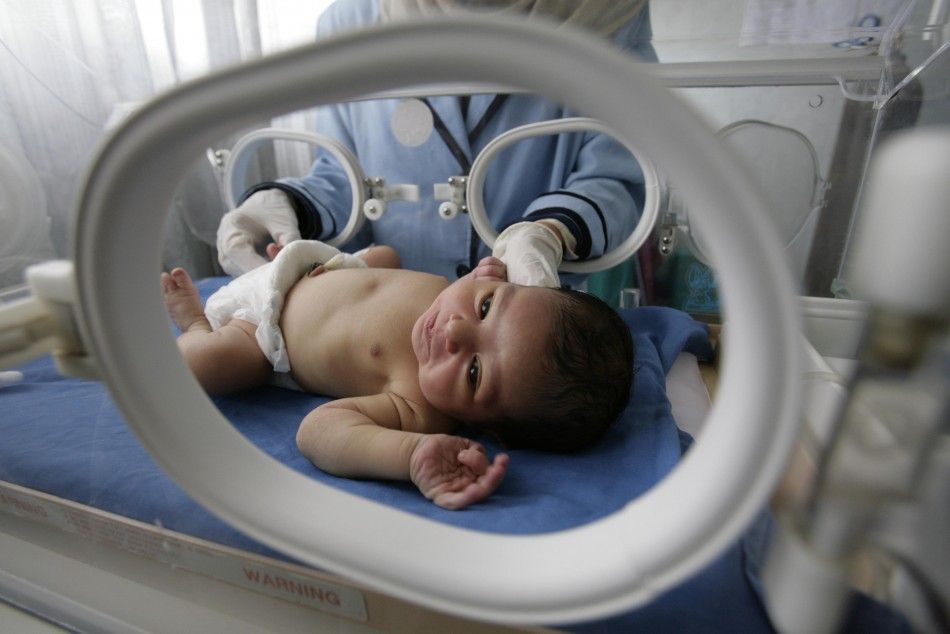 [Because of this] it happens that when a woman with a negative Rh factor carries a child with a positive one, her body perceives it as something alien, starting to produce antibodies, destroying the red blood cells (blood cells) in the child. - Approx. ed. ). This is called Rhesus conflict. And the title is an indicator that the Rh conflict has occurred and an attack on the fetus has begun. The higher the titer, the more antibodies are produced and, accordingly, the likelihood of developing a hemolytic disease in a baby increases (erythrocyte destruction. - Ed. ) In our case, this happened.
[Because of this] it happens that when a woman with a negative Rh factor carries a child with a positive one, her body perceives it as something alien, starting to produce antibodies, destroying the red blood cells (blood cells) in the child. - Approx. ed. ). This is called Rhesus conflict. And the title is an indicator that the Rh conflict has occurred and an attack on the fetus has begun. The higher the titer, the more antibodies are produced and, accordingly, the likelihood of developing a hemolytic disease in a baby increases (erythrocyte destruction. - Ed. ) In our case, this happened.
In the medical record, it was written that everything was normal with his wife, the observing doctor did not even pay attention to this analysis, although she knew that Tamara was at risk. We came to her for a consultation, and she said that there was no cure for this. nine0037 We felt complete confusion and anxiety, because the child was healthy, and the wife's body produced antibodies to destroy it .
The doctors advised me to go to the perinatal center in Ivanovo to draw up a pregnancy plan. But there we were only told to observe the growth of the titer. We returned home, and after a while the indicator went up. The wife was hospitalized at the 24th week of pregnancy (sixth month. - Ed. ). There they again did an ultrasound, took blood for antibodies, did a Doppler (Doppler examination determines whether the blood flow in the fetus is normal. - Approx. ed. ) - that's all the treatment. Tamara was discharged, and two weeks later, at the next visit to the antenatal clinic, the test results showed a titer of 1:1024.
My wife called me from the clinic hall in tears, and I didn’t know how to calm her down, at that moment I myself was shaking because I couldn’t do anything. The doctors decided to urgently take my wife to the hospital. They took a blood test, and the titer jumped to 1:8192. Then everyone began to panic: the doctors, my wife, me. The doctors wanted to take Tamara to Ivanovo, but they didn’t accept her there, they said: “What are we going to do with her? Here you only need an internal blood transfusion, and we have neither the equipment nor sufficient knowledge, only Moscow or St.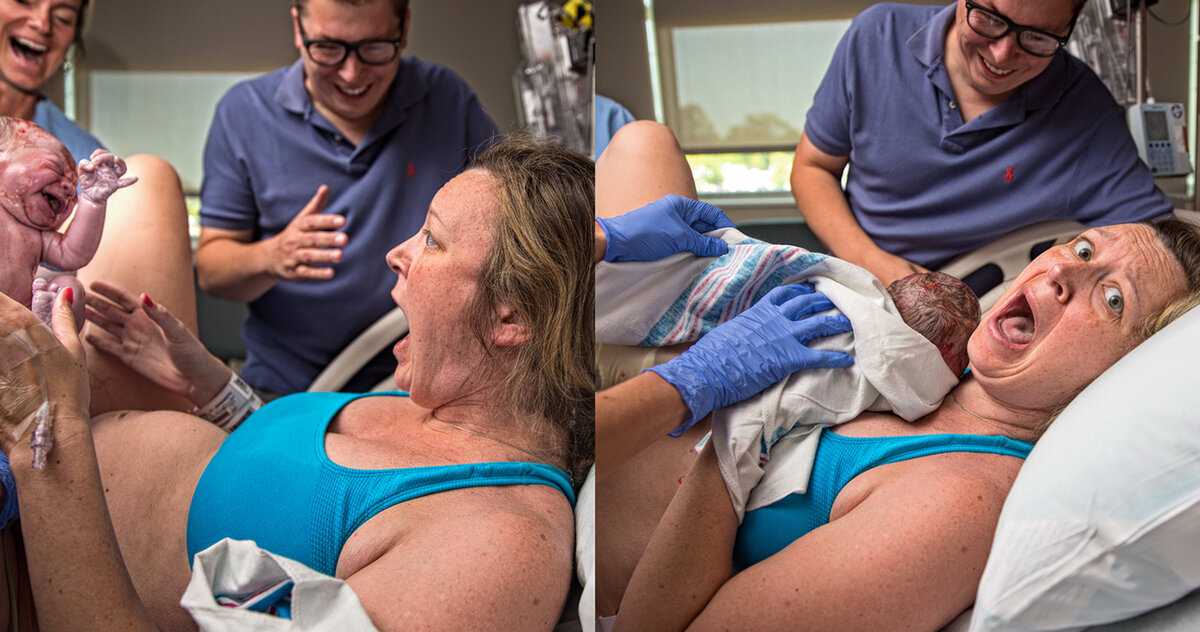 Petersburg will help you.” The next day, after a teleconference between our doctors from the maternity hospital and doctors from the Kulakov Center, Tamara, at the 26th week of pregnancy, was sent by ambulance to Moscow at night. nine0003
Petersburg will help you.” The next day, after a teleconference between our doctors from the maternity hospital and doctors from the Kulakov Center, Tamara, at the 26th week of pregnancy, was sent by ambulance to Moscow at night. nine0003
All the necessary tests were taken from my wife and put under observation. Every day the best uzists watched her, but the baby did not have hemolytic disease. At first they wanted to do an intrauterine blood transfusion to the child, but then they said that the titer indicators were not enough for this. My wife and I called each other by video call every day and believed in the best. Four days after hospitalization, on January 8, 2021, Tamara complained to me that she did not feel the baby's movements. I reassured her, maybe the baby was just sleeping. That was the answer of the nurse on duty that evening. The next day the phone rang, the wife was crying incessantly. "Our baby's heart isn't beating," was all she could say. nine0003
Cause of death - hemolytic disease due to Rh conflict and brain damage, resulting in cardiac arrest.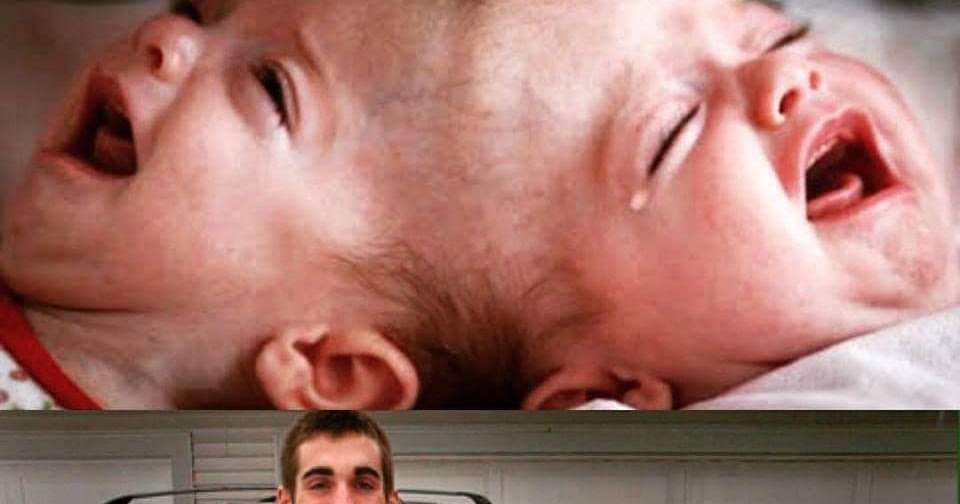
At first my consciousness refused to believe that the baby was no more , I hoped for a mistake by the doctors or a technical failure, I thought that now everything would be rechecked, labor would be called and the child would be alive. Then there was only one question in my head: what to do? We knew that in such situations, many people leave dead children in the hospital, but our hearts told us that this was wrong. After all, this is a member of our family, he was with us all the time - when we ate, on business trips, when we watched movies with the whole family, when we slept. We felt his movements, the children communicated with him, they were waiting for him so much. nine0003
I was thinking about how I would take my wife home with a small coffin, how the funeral procession would go, how our baby would have a separate place in the cemetery. This whole process, in my opinion, would inflict such a wound on the wife’s state of mind that it would never heal, and I really did not want her to go through this. We decided to cremate the baby and bury the urn with the ashes to the wife's grandfather, the namesake of our little angel. Before the funeral, we said goodbye to our son: we kissed and hugged our hero with dark hair and bright red lips. nine0003
We decided to cremate the baby and bury the urn with the ashes to the wife's grandfather, the namesake of our little angel. Before the funeral, we said goodbye to our son: we kissed and hugged our hero with dark hair and bright red lips. nine0003
My wife was supported all the time by psychologist Liza from the Light in Hands Foundation, she was with us and at parting with the baby, she helped Tamara morally, made prints of the baby’s hand and foot for us.
Now I understand that after what happened it was possible to be more close to my wife, although I tried to console her. We are believers and talked a lot about the fact that the soul of our son will return to us in the next child, and we will definitely meet him.
The children were told about their brother's death when they started stroking his wife's belly and talking to him. We explained everything to them, said that he was alive with God and would come to us in a new baby. They are great: they made gifts to their son, talked to him when they touched his hand and foot on the print.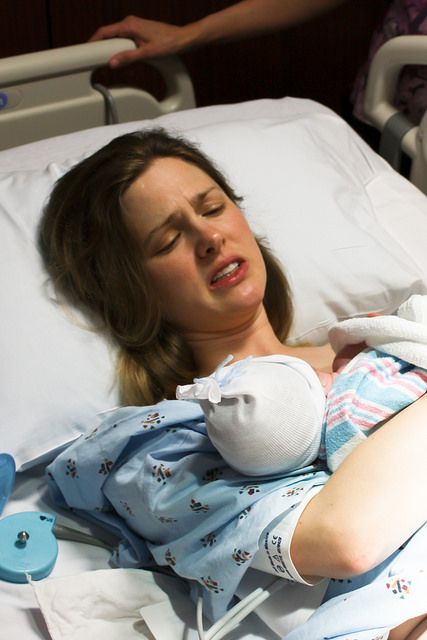 We all went to the cemetery together, brought him flowers and sweets. nine0003
We all went to the cemetery together, brought him flowers and sweets. nine0003
Our relationship with my wife has become even stronger. Our children, faith in God, family affairs and worries help us cope. Tamara is still in contact with the psychologist. We live with the idea that we have three children, just one of them is an angel and lives in heaven .
Of course we are planning to have a baby. On the advice of doctors, we will wait six months for my wife's body to recover, and we will try again. Now we are thinking about where to find good specialists for competent support of pregnancy and childbirth. nine0003
Maxim
42 years old, Moscow
My wife Nastya and I have been together for 15 years and in 2016 we decided to have a child. I quit smoking, we both got our health checked. The pregnancy went very well, the first screening showed a boy. We began to think about where to give birth, because we wanted to give the child the right to land (when a country gives citizenship to children born on its territory. - Ed. ). We went through many options, but in the end we settled on Uruguay - this country has a reputation as South American Switzerland. We found a hospital, bought tickets. We planned to fly for three months. We were glad that the child would receive the citizenship of this country, we imagined how we would walk along the sunny coast. nine0003
- Ed. ). We went through many options, but in the end we settled on Uruguay - this country has a reputation as South American Switzerland. We found a hospital, bought tickets. We planned to fly for three months. We were glad that the child would receive the citizenship of this country, we imagined how we would walk along the sunny coast. nine0003
At the second screening, we were told that the baby had some heart defects that were hard to see. The doctor said to wait some more and come for a second examination. Screening showed that everything is very bad: the right side of our son Daniil's heart did not develop and did not work. The prospects were as follows: if we had lasted until the birth, it would have been necessary to perform an operation on him immediately after the birth of the child. Doctor visits began, which lasted more than two months. Doctors said that the chances of a successful birth are extremely small - and even less likely to save a newborn son. nine0003
We are believers, so we constantly prayed together. They visited museums, did ceramics, sang to Daniel, went to classical music concerts. And this, of course, is our memory: for a short time, when our son was on Earth, we were actively engaged in something.
They visited museums, did ceramics, sang to Daniel, went to classical music concerts. And this, of course, is our memory: for a short time, when our son was on Earth, we were actively engaged in something.
It's time for another examination: the dynamics were so bad that the Kulakov Center, where Nastya was observed, removed the quota [for free childbirth] from us, since the forecast showed a 100% lethal outcome. Imagine what it's like: we are being dragged along for an ultrasound scan, doctors run in, start groaning, saying that they haven't seen anything like this for a long time. nine0037 And you are sitting next to your wife, she is alive, and inside her is our living child .
We were refused by many medical centers, in one of them they generally said: “What are you steaming, we will cut out - and that's it, in two months you will be pregnant again.” And our son kicks. We were told to count the number of "kicks" per day - if there are less than ten, we need to sound the alarm.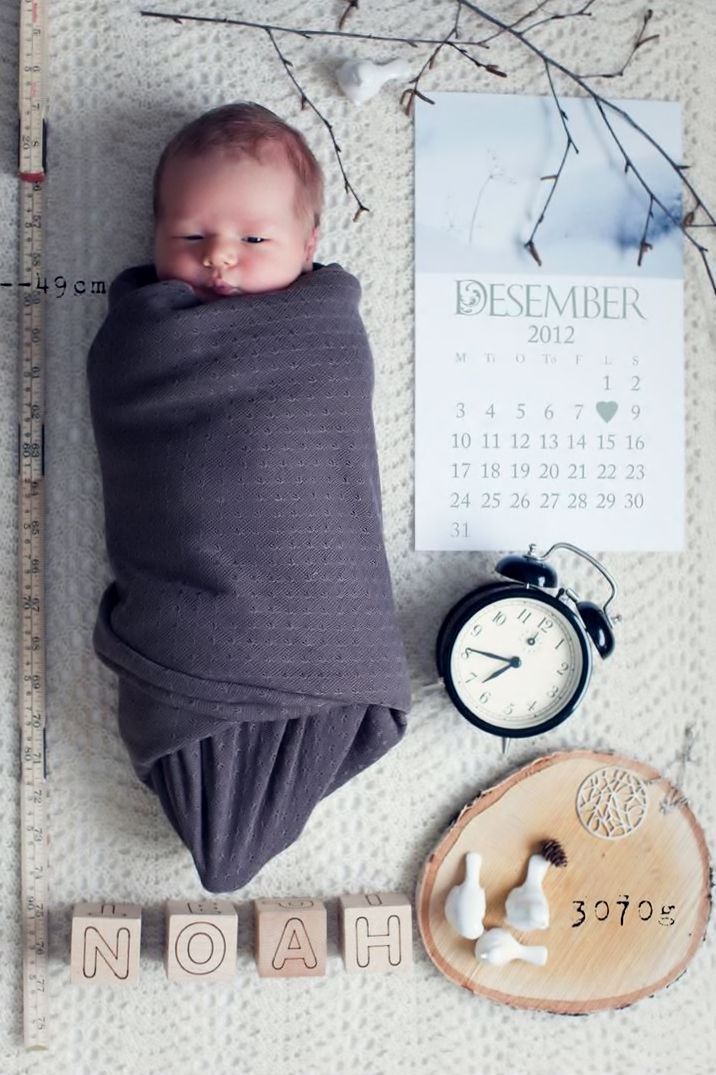 We downloaded an app where we celebrated kicks. The wife, of course, refused to have an abortion - she said that this was her child, and she would not allow anyone to do anything with him, she would fight. nine0003
We downloaded an app where we celebrated kicks. The wife, of course, refused to have an abortion - she said that this was her child, and she would not allow anyone to do anything with him, she would fight. nine0003
The end of September came: all the doctors refused us, and the time was gradually approaching the birth. Naturally, it was impossible to fly anywhere. After that, I don’t really like Trubnaya Square, where we bought tickets to Uruguay. We went there joyful, with great hopes, and then I returned there alone to return the tickets. And it was not up to them at all: you just want your child to survive.
Nastya's belly was very large, because the baby developed non-immune dropsy due to a heart defect. Doctors continued to say that there was no chance of giving birth to a live baby. We had no choice, and we went to the nearest maternity hospital - met with doctors, signed up for childbirth. And they simply began to live, communicate with the child, as long as it was possible.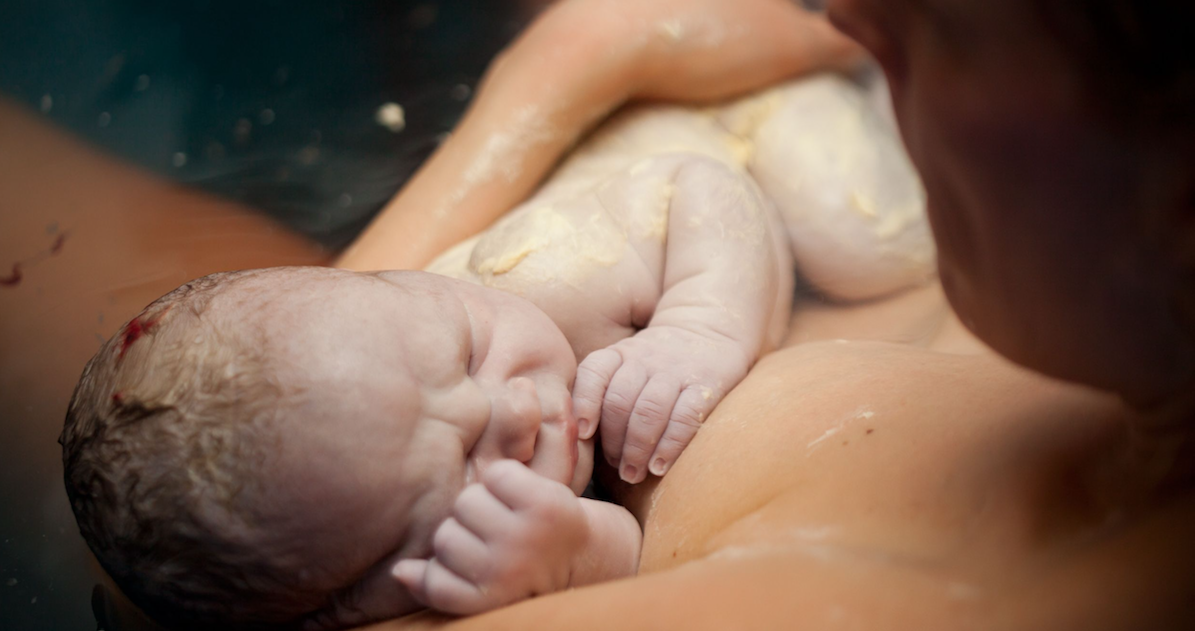 nine0003
nine0003
The time has come for another check-up at the antenatal clinic. There they listened to Daniel's heart. The heartbeat was very rare and weak. We were urgently sent to the maternity hospital, and Nastya refused to go: she cried, said that she felt that she would return home without a child . The doctor said that I had to do a caesarean. We agreed because we hoped it would save the baby. The wife was in her seventh month.
I rushed home to get things for the maternity hospital, returned to the hospital, and Nastya says: "The baby is kicking." I put my hand on her stomach and felt four kicks. These were the last kicks. nine0003
She was taken upstairs. After some time, a doctor came up to me and said that Daniel's heart was not beating. He suggested: "If you want, I'll tell her," - I refused, said that this was my son and I should talk to Nastya myself. My wife went down to the waiting room, I knelt down in front of her and said: "Beloved, Daniel is dead. " She didn't believe it. We went to the ultrasound together. I remember how it was: I am walking along the corridor, my wife is walking ahead of me in some kind of incomprehensible nightgown, doctors, nannies are rushing past, all in twilight. I understand that Nastya is our dead child, and she herself is all pale. It was my personal hell. nine0003
" She didn't believe it. We went to the ultrasound together. I remember how it was: I am walking along the corridor, my wife is walking ahead of me in some kind of incomprehensible nightgown, doctors, nannies are rushing past, all in twilight. I understand that Nastya is our dead child, and she herself is all pale. It was my personal hell. nine0003
An ultrasound confirmed that the baby had died. It was impossible to do a caesarean section, because it would be dangerous for Nastya's health. On the same day, my friend and my mother came to us, we went home. Then they called their wife and prayed together.
I am still ashamed that I fell asleep that night before giving birth. Apparently, the body was trying to block stress. But Nastya did not sleep. She was alone, she heard babies crying in neighboring wards, and she lay like that all night, knowing that she would not hear her child's cry. It's good that her friend called her and talked to her for half the night. It is very hard for me to imagine what my beloved went through at that moment.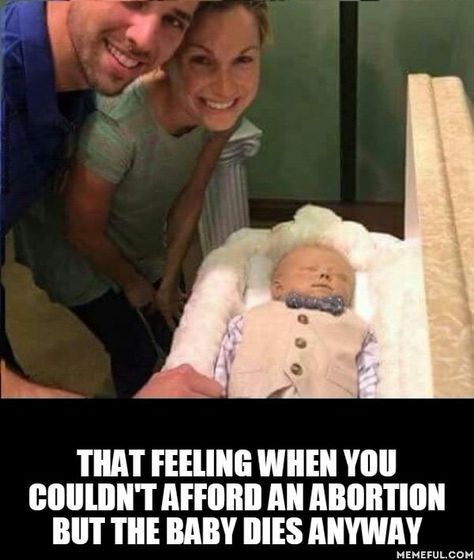 nine0003
nine0003
When my mother-in-law and I were at the maternity hospital, a midwife came up to us and said that the birth was going very hard. Nastya gave birth for a long time, she lost 80% of her blood. She was saved by three teams of doctors. The midwife asked if I would say goodbye to the baby. Of course, I agreed. Daniel was brought to me. I talked to him, prayed and said goodbye.
Nastya spent two weeks recovering in the hospital. The funeral of the baby fell on me. I had to file papers at the MFC, the women employees tried to somehow encourage me, told me about the deductions to which I am entitled. But I didn't care: my son died, and instead of a fun flight to Uruguay, I'm burying him. nine0003
I grew up in the center of Moscow, on Pavel Andreev Street. And while we were driving from the Morozov hospital, where I took Daniil, to the cemetery, I stroked my baby's coffin and told him how I spent my childhood and grew up here. The funeral took place on the same day when we were supposed to fly to Uruguay - October 12.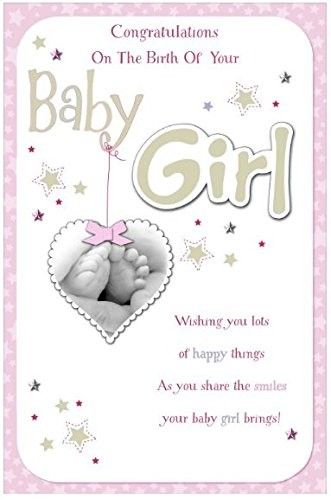 The cemetery administration came out to offer me condolences. I felt the unreality of what was happening: there were ten adults - such big ones - all in black, and they were burying a small white coffin. nine0003
The cemetery administration came out to offer me condolences. I felt the unreality of what was happening: there were ten adults - such big ones - all in black, and they were burying a small white coffin. nine0003
Nastya was discharged with very low hemoglobin and other health problems. Thanks to the Light in Hands Foundation, its employees supported us a lot. At first, we constantly went to a support group for parents who lost children, I was often the only man there. It was very important for us to know that there is a place where we can talk about our son, where it is not perceived as "Again, they are talking about this, forget this horror and live on." We often encountered such a reaction from friends and relatives. nine0037 The death of a child is such a terrible situation that even close loving people cannot be with such a big wound . They had the strength to immerse themselves in this for two months, then they began to distance themselves. I understand that they could not be 24/7 where there is suffering and pain.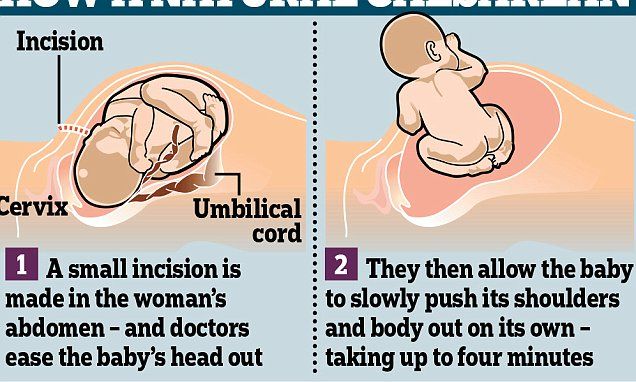
A year after the incident, friends admitted that they thought it would be easier for us if they did not talk about it. Yes, nothing like that. Well, how bad it can be when you talk about your child.
Parents of deceased children do not have newsworthy reasons to talk about them. Information is always the same. Therefore, it is very important that friends and relatives are not afraid to talk about it and remember the dates.
The anniversary of Daniil's death is October 9, and in 2020 my boss called and said that he remembers that he is with us. It costs a lot.
At the meetings of the foundation, we knew that our son exists here as a person, that he is not denied the right to be the same child as other children. We also went to an informal support group organized by girls who experienced the loss of a child, where we discussed the color of our babies' eyes, the number of hairs, how they lay in their mother's stomach. And these women sometimes could understand Nastya better than me. nine0003
nine0003
I can't say we're coping with the loss of our son, I'm not sure we'll ever be able to cope . When we meet with friends, they tell how their children went to school, what hooligans they are, how they have no strength from their disobedience, and all you can tell is what flowers you planted on the grave, what pebbles you laid out around the tombstone, how often do you come to the cemetery. We have a folder where we collect photos related to our son: Nastya with her belly, our joint trips to concerts, to a pottery workshop. But now the folder is mostly replenished only with photographs from the grave. nine0003
Over the years, I have only had a few conversations with men—a psychologist friend, a priest, and a couple of friends. I was supported by art therapy - I make collages that make sense of our experience. My wife and I went to a psychologist - they told us everything, it became easier for us. I found strength in Nastya. We are still talking about Daniel - of course, not without tears, sometimes we have very painful conversations, but they are important for both of us.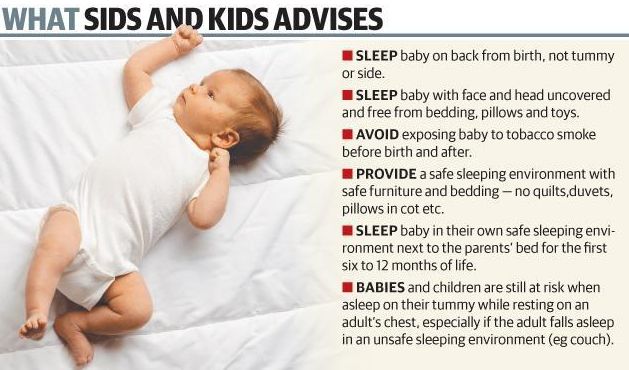 Nastya is engaged in ceramics, sculpts from clay, plays the violin, sings - creativity helps her. nine0003
Nastya is engaged in ceramics, sculpts from clay, plays the violin, sings - creativity helps her. nine0003
Many families can't stand this burden, because the dead child is at the center of your relationship. We do not want to forget Daniel, every day before going to bed we wish him good night. I don't want Daniel's family to cease to exist, but as long as we are together, it exists. Therefore, I am always very sad when our favorite restaurants in Moscow close, where we went when Nastya was pregnant, when the couples who supported us at that time part. It hurts me that my son's world is shrinking. Therefore, our love and our family is the space where Daniel exists the most. nine0003
Everything that has happened since 2017, we call "The Book of Daniel". When we talk about our son, he exists with us even more. After his death, he began a new struggle - to be a person, and not just an unsuccessful pregnancy.
Denis
40 years old, Moscow
Everything happened at the beginning of 2004, it was our first child with my wife. The pregnancy went well until the 20th week, nothing bothered my wife. Then, on ultrasound, the doctors saw multiple pathologies - something was wrong with the development of a number of organs. We were offered an abortion, but we refused: we decided that we would take care of the child, whatever the diagnosis. But on the 26th week, a stillbirth occurred, as the fetus died. nine0003
The pregnancy went well until the 20th week, nothing bothered my wife. Then, on ultrasound, the doctors saw multiple pathologies - something was wrong with the development of a number of organs. We were offered an abortion, but we refused: we decided that we would take care of the child, whatever the diagnosis. But on the 26th week, a stillbirth occurred, as the fetus died. nine0003
I felt guilty : I immediately began to think that maybe I was leading some kind of wrong lifestyle. We also had a fear that we would no longer be able to have children.
At first, Masha, my wife, wanted to be alone: she went to sports, sometimes even to several training sessions a day, and began to study Japanese kabuki theater. And exactly at the moment when [grief] let go of her, she stopped doing this and never returned to the theater.
From the very beginning of our relationship, we did a lot of yoga, talked with our spiritual teacher, both together and separately. In the future, yoga helped to treat what happened correctly.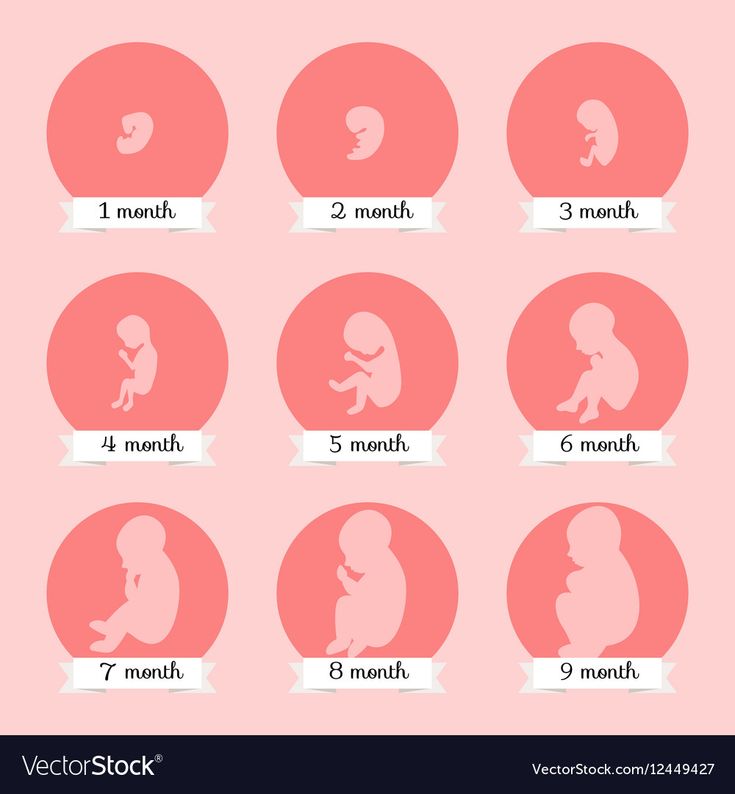 We realized that our child is a soul that had no time to come, and perhaps she will return to us. nine0003
We realized that our child is a soul that had no time to come, and perhaps she will return to us. nine0003
It seems to me that the main thing in a couple is to help each other feel as comfortable and happy as possible. And this does not mean that you have to be physically close all the time. When you feel and see that your partner wants to be alone, you leave him alone and feel grateful for it. Naturally, when my wife needed help, I was there, but I understood everything and did not ask unnecessary questions. It hurt me too, but I lived through what happened more at work.
When we exhaled a little and were able to talk about the loss of a child, we decided to find out what happened, whether it was a consequence of some insurmountable reasons, whether we were the problem. We passed genetic tests, it turned out that everything is fine with us, we are compatible, it just happens. We wanted to go through the next pregnancy consciously, because when the first child died, I did not really understand how I could help my wife.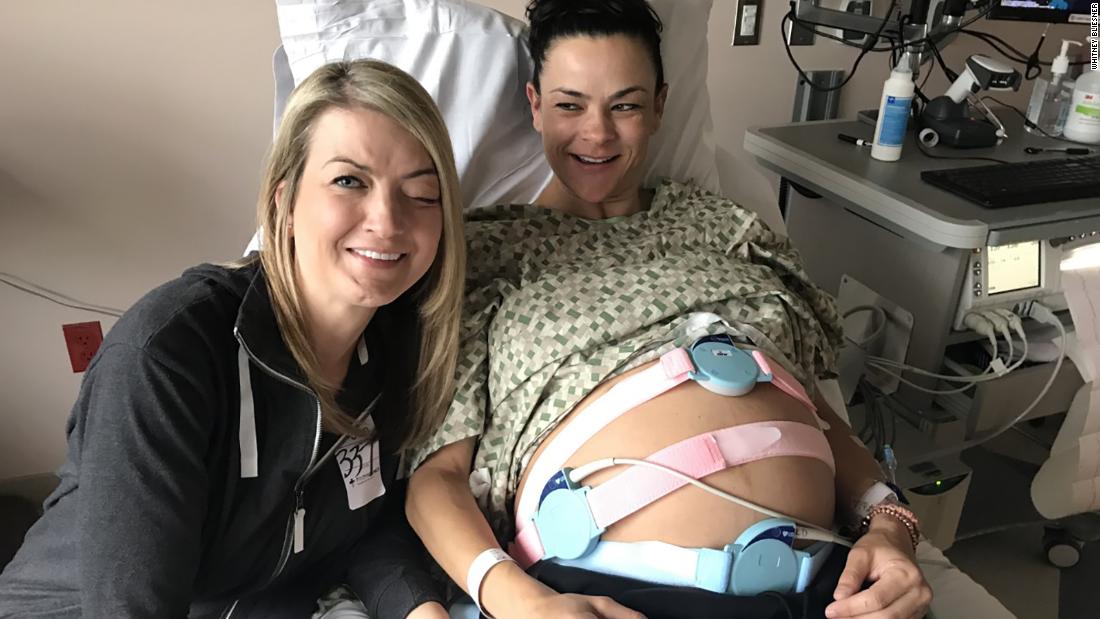 We went to the studio, where future parents were being prepared for home birth, but we did not plan to have the first birth at home, because we were still afraid. However, they still completed the entire training course, once a week they went to classes for several hours. There were theoretical courses, they showed videos from the birth itself, they told what role each of the parents had in this process. Later, our son Jan was born, and three and a half years later, our daughter Rada was born. Now Yan is 13 years old, and Rada is 9.
We went to the studio, where future parents were being prepared for home birth, but we did not plan to have the first birth at home, because we were still afraid. However, they still completed the entire training course, once a week they went to classes for several hours. There were theoretical courses, they showed videos from the birth itself, they told what role each of the parents had in this process. Later, our son Jan was born, and three and a half years later, our daughter Rada was born. Now Yan is 13 years old, and Rada is 9.
We told the children that their older brother was not born - and that it happens. This presentation of information suited them perfectly. They asked if we had seen him on an ultrasound and what he looked like when he was born. This conversation was not a trauma for us, and now I calmly talk about it with other people. Yes, we lived through this experience, which means we needed it in order to understand something about ourselves and caring for each other .

